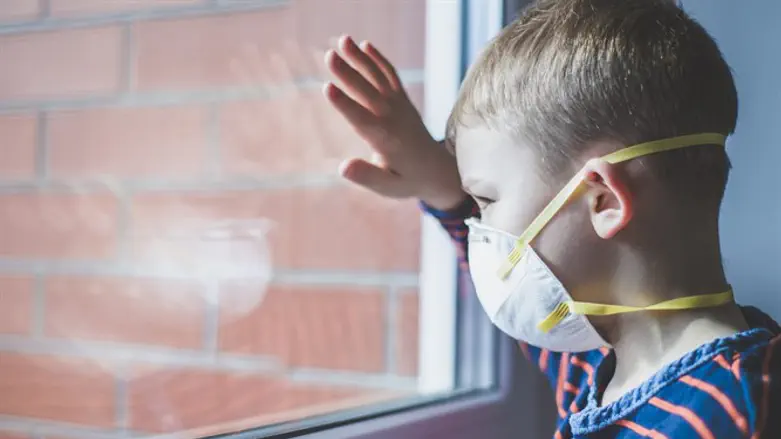
A new research by Haifa University found that in contradiction to the belief that those living off government stipends would be less affected by the coronavirus pandemic, in fact the poorest people suffered from it most, Maariv reported
The new research, lead by Professor Michal Shamai and conducted in cooperation with Dr. Aliza Levin and Sharon Novikov, showed that the pandemic added additional challenges to those who were already struggling. It also showed that expenses for the poorest increased drastically when they were forced to remain at home during most of the day, and these expenses proved extremely detrimental.
In addition, many workplaces which required unskilled work closed, cut the number of staff, or cut their employees' hours during the pandemic. As a result, most of Israel's poorest workers were placed on unpaid leave or fired.
Children who usually received a free lunch in school began to eat lunch at home, further raising their parents' monthly expenses. And, since many of the poor do not have computers or internet connection and live in small, cramped quarters, their children could not properly participate in online classes, preventing them from attending school for at least the first six months of the pandemic.
"Even in families where the children were able to participate in online learning, many parents felt that they did not have the skills to help their children," Prof. Shamai explained.
The researchers also examined how social workers perceived their clients' needs, functioning, and emotional state during the pandemic. The results of this showed that those living in poverty at the beginning of the crisis reported significantly higher levels of stress, anxiety, and depression than the rest of the Israeli population.
"Provision of food on its own does not provide a full response to such a situation," the researchers concluded. "There is a need for a financial grant to this population, which lives in poverty, and it should be realistic, so that they can provide for all of their needs and their children's, and prevent additional financial deterioration."
They also noted that the "significant effect of the stress influences not only their emotional health, but also influences their physical health," and urged that social workers be provided with training that will allow them to offer help in such situations.
